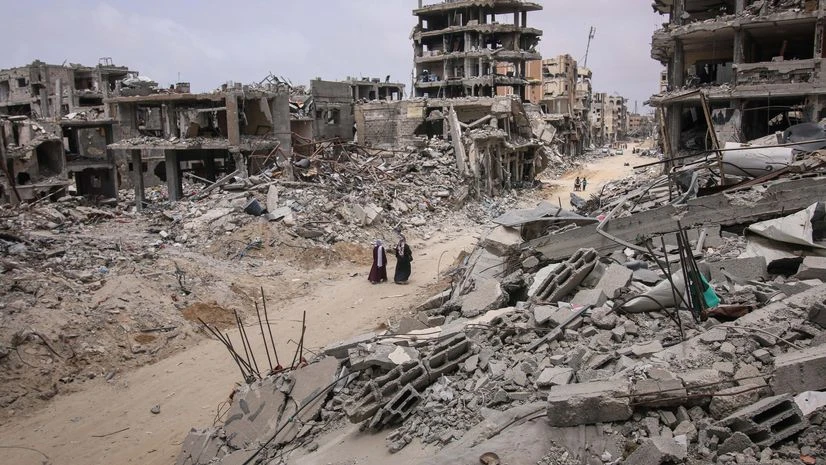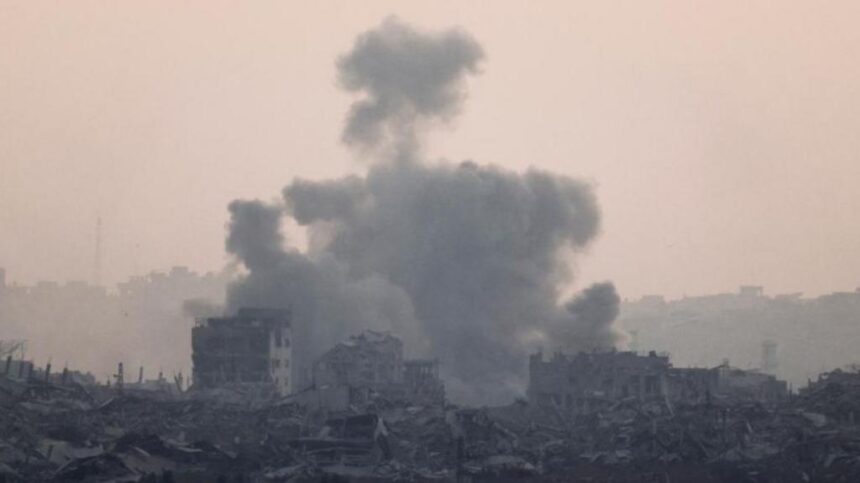Introduction
Despite Israeli approval and hopes for a pause in hostilities, Hamas has signaled it will reject the latest US-backed ceasefire and hostage release proposal for Gaza. This rejection comes at a critical time, as Gaza faces soaring casualties, mass displacement, and a deepening hunger crisis.
What Was in the Proposal?
)
The proposal, crafted by US envoy Steve Witkoff and submitted to both sides, was reportedly accepted by Israel. According to Israeli media, it would have seen Hamas release 10 living hostages and the bodies of 18 dead hostages in exchange for a 60-day ceasefire and the release of Palestinian prisoners.
White House Press Secretary Karoline Leavitt confirmed that Israel signed off on the deal before it was formally submitted to Hamas. She expressed optimism that negotiations would lead to a truce and the safe return of remaining hostages.
Why Did Hamas Reject It?
A senior Hamas official told the BBC that the proposal failed to meet its core demands: a complete end to the war and the full withdrawal of Israeli forces from Gaza. The group also noted that the proposal lacked guarantees that a temporary ceasefire would transition into a permanent one.
Additionally, Hamas criticized the deal for omitting a return to the humanitarian aid framework that previously allowed hundreds of trucks of food and medical supplies into Gaza during the last ceasefire.
Ongoing Humanitarian Catastrophe
Since Israel resumed its military campaign on March 18, over 3,986 people have been killed in Gaza, according to the Hamas-run health ministry. The UN estimates that 600,000 people have been displaced again by ongoing military operations and evacuation orders.
The latest UN-backed IPC report warns that 500,000 Palestinians face catastrophic levels of hunger in the coming weeks. The situation deteriorated further after Israeli airstrikes on May 29 killed at least 54 people, including 23 in a single home in the Bureij refugee camp.
Israel’s Position
Israeli Prime Minister Benjamin Netanyahu reportedly told hostage families that he accepted the Witkoff proposal. He reiterated that Israel’s military operations would not end until all hostages are returned and Hamas is dismantled or disarmed.
“We do not believe Hamas will release the last hostage voluntarily, and we will not leave Gaza until every one of them is home,” Netanyahu reportedly said.
Prospects for Peace
Despite this setback, negotiations are ongoing. Hamas says it remains in contact with mediators and will submit its written response soon. However, analysts suggest that unless core demands are addressed—particularly Hamas’s call for a permanent ceasefire—the deal is unlikely to advance.
Regional powers like Qatar and Egypt, who were instrumental in the previous two ceasefires, are expected to continue their mediation roles in the coming weeks.
Conclusion
The rejection of the latest ceasefire plan underscores the deep divisions and mutual distrust between Hamas and Israel. As civilians in Gaza continue to suffer and hostages remain in captivity, the urgency for a sustainable political solution has never been greater. But with no side willing to compromise on fundamental goals, lasting peace remains a distant hope.









